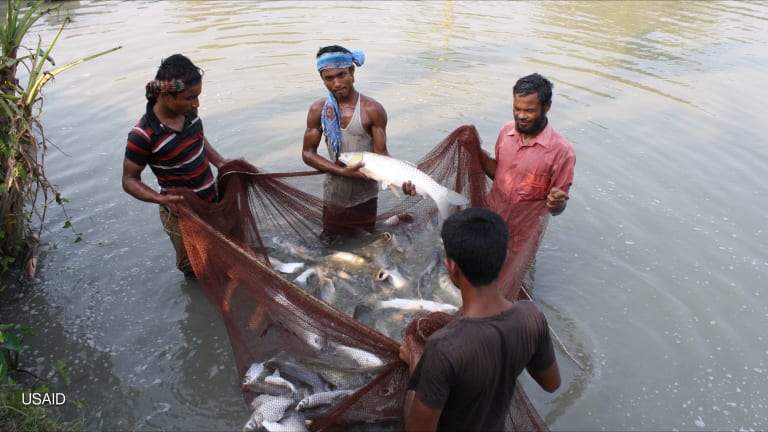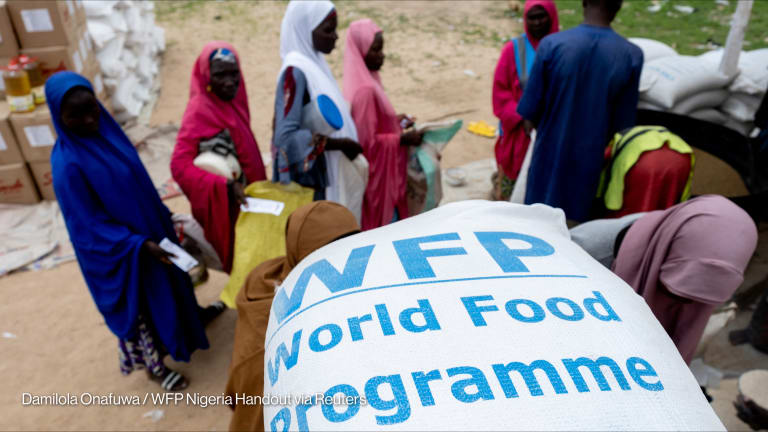This is a critical moment for our global food systems. Despite decades of international commitments, over 300 million people are experiencing acute hunger. Projections show that we’ve stopped making progress on the problem — that we’ll have the same proportion of food-insecure people in 2030 as we did in 2015. It’s not because we don’t have enough food; it’s because the most vulnerable food systems face increased risk of extreme weather, degrading environments, conflict, and economic volatility – and don’t yet have the capacity to adapt to those events.
The old solution — to have massive organizations deliver food aid during an emergency — is itself at a breaking point. The world’s wealthiest countries have slashed billions in humanitarian and development funding. Official development assistance from the 17 largest Development Assistance Committee donors is projected to drop from $198.7 billion in 2024 to $146.2 billion in 2026 — a 26.4% decrease. The World Food Programme estimates that this year’s funding cuts will take food away from 16 million people across the world who desperately need it.
It’s tempting to respond to this catastrophe in a defensive crouch. But we must resist that urge to salvage the old system. I’ve spent much of my career at the intersection of agricultural policy and economic development, and I’ve seen firsthand that our global food systems need a radical shift.








